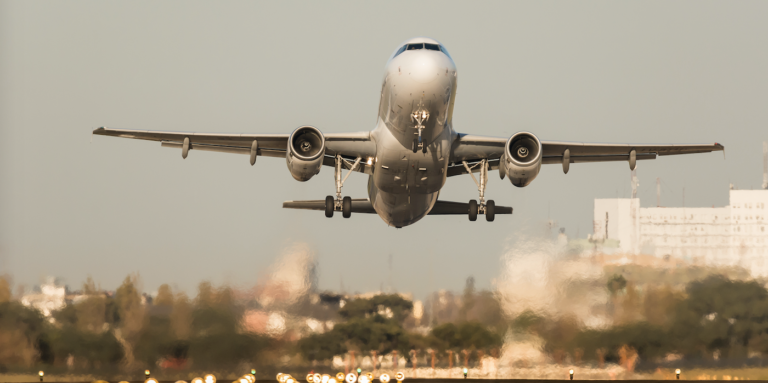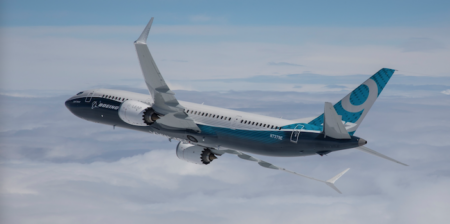Sports travel is tipped to be the fastest-growing sector in the air charter industry in 2021, thanks to a bumper year of high-profile events plus new health protocols imposed by governing bodies and federations.
Major events postponed because of the Covid-19 pandemic during 2020, including the Olympics, golf’s Ryder Cup and football’s Euro 2020 and Copa America, have been moved back 12 months.
That means squeezing them into a calendar which already included an Ashes cricket tour, a British Lions rugby tour, a T20 Cricket World Cup and the usual array of Super Bowl, tennis Grand Slams, NBA Finals, Champions League, Premier League and golfing majors.
The hope in the air charter industry is that teams, corporate sponsors and even fans (once they are eventually allowed back into stadia) will choose to charter rather than travel with a scheduled airline in a bid to have greater control over timings, destinations and health risks.
When you look at the schedule, 2021 has the potential to be a fantastic year for sport and also for our industry. Chapman Freeborn has been heavily involved in sport before, but we see it as potentially the fastest-growing sector in the charter industry with real room for growth.
It is not only the number of major tournaments taking place which provides an opportunity for passenger air charters. The Covid-19 pandemic has led to sports teams and organisations being far more aware of the health risks around travel and determined to keep their players in a bubble.
Only recently UEFA, the governing body for European football, provided a long list of protocols for teams travelling to Portugal for the Champions League quarter-finals, semi-finals and final. It included an edict that the use of charter flights was ‘strongly recommended’, which highlights the way forward for sports teams when travelling abroad.
The benefit for teams, and for sports organisations, federations and corporate sponsors, is that chartering a flight enables people to stay together in their bubble without the need for public interaction at the air terminal or on the plane.
It is also possible to personalise health and safety measures on board – whether that is leaving empty seats between passengers, extra personal protective equipment such as visors for the crew, or a Covid-19 kit for passengers, including personal mask, gloves and anti-bacterial wipes.
Passenger charters will not only be attractive to Premier League soccer clubs and American sporting giants, but also to new customers. It might be time for smaller teams to find out what it’s like to charter. Perhaps it’s an option they haven’t explored before because it seems very easy to travel by scheduled airline. But with the times we’re in, people are starting to look more closely because there’s a lot of anxiety around travelling abroad.
Chartering allows teams to segregate from others and enjoy a more private experience – and they may also find it’s easier to get direct to their destination at a time of their choice.
I know, for instance, in Euro 2020 next year several teams – including Wales and Switzerland – are drawn to play group games in Baku. But it’s not easy to get to Baku direct by scheduled airline.
In cricket, the West Indies team flew by charter for the first time this summer to play in England, which the ECB, the England & Wales Cricket Board, helped to organise. There are certainly new markets opening up.
The prospect of fans travelling by charter is also a possibility – if, and when, restrictions are lifted on spectators attending sporting fixtures. Nobody knows when that will happen, but you’d like to think that fans will be back inside stadia at some point; and for clubs, sponsors or travel companies organising group fan travel the same advantages of chartering apply.
And when you take into consideration the way scheduled airline prices rise in the case of high demand – for instance when thousands of Liverpool soccer fans are trying to get to the same destination – it can also be cost effective.
Even if we have to wait longer for fans to return, however, the market for teams is going to be significant. From our point of view, and from a sporting point of view, 2021 is a big year.”
2021: The bumper year of sport calendar:
- January 18-31: Australian Open, tennis, Melbourne
- January-March: India v England Test Series, cricket, India
- February: South Africa v Australia Test Series, South Africa
- February 7: Super Bowl, American Football, Florida US, date tbc
- February 14: NBA, All-Stars Game, basketball, Indianapolis US
- February-March: Six Nations rugby union, UK and Europe
- February-March: Women’s ODI World cup, cricket, New Zealand
- March: Formula One season begins, global calendar
- April: US Masters, golf, Georgia US, tbc
- May 24-June 6: French Open, tennis, Paris
- May: US PGA Championship, golf, South Carolina US, date tbc
- May 29: Champions League Final, soccer, Istanbul
- June: NBA Finals, basketball, US, date tbc
- June 11-July 11: Euro 2020 finals, soccer, across Europe
- June 11-July 11: Copa America, soccer, Argentina and Colombia
- June 17-20: US Open, Golf, California
- June 28-July 11: Wimbledon, tennis, London
- July 23-August 3: Olympics, Japan
- July 2-August 7: British & Irish Lions Tour, rugby union, South Africa
- July 15-18: The Open, golf, Kent, UK
- August 24-September 5: Paralympics, Japan
- August 31-September 13: US Open, tennis, New York
- September 24-26: Ryder Cup golf, USA
- October 18-November 14: ICC T20 World Cup, cricket, India or Australia tbc
- November-January: The Ashes, cricket, Australia

Nick Lamb, a former cricketer, was appointed as Chapman Freeborn’s first-ever group director of sport in August 2020, and he has high hopes for the future. Chapman Freeborn is a global aircraft charter specialist which was first established in 1973.





